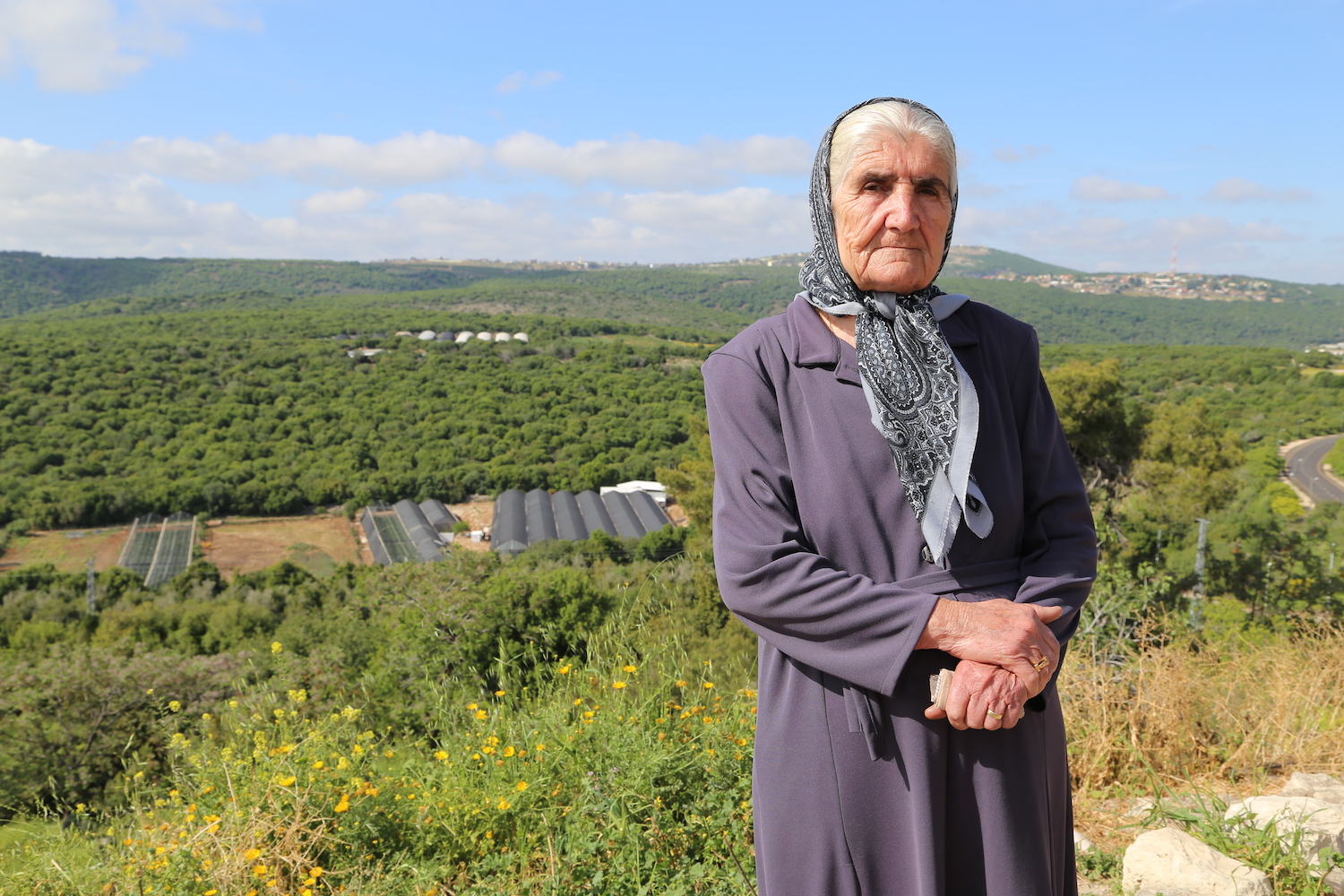Nakba & Refugees

Nakba means "Catastrophe" in Arabic. It refers to the destruction of Palestinian society in 1948 when approximately 750,000 Palestinians fled or were forced into exile by Israeli troops. Because the Palestinians were not Jewish, their presence and predominant ownership of the land were obstacles to the creation of a Jewish state. Their exodus, or Nakba, was already nearly half-complete by May 1948, when Israel declared its independence and the Arab states entered the fray.
